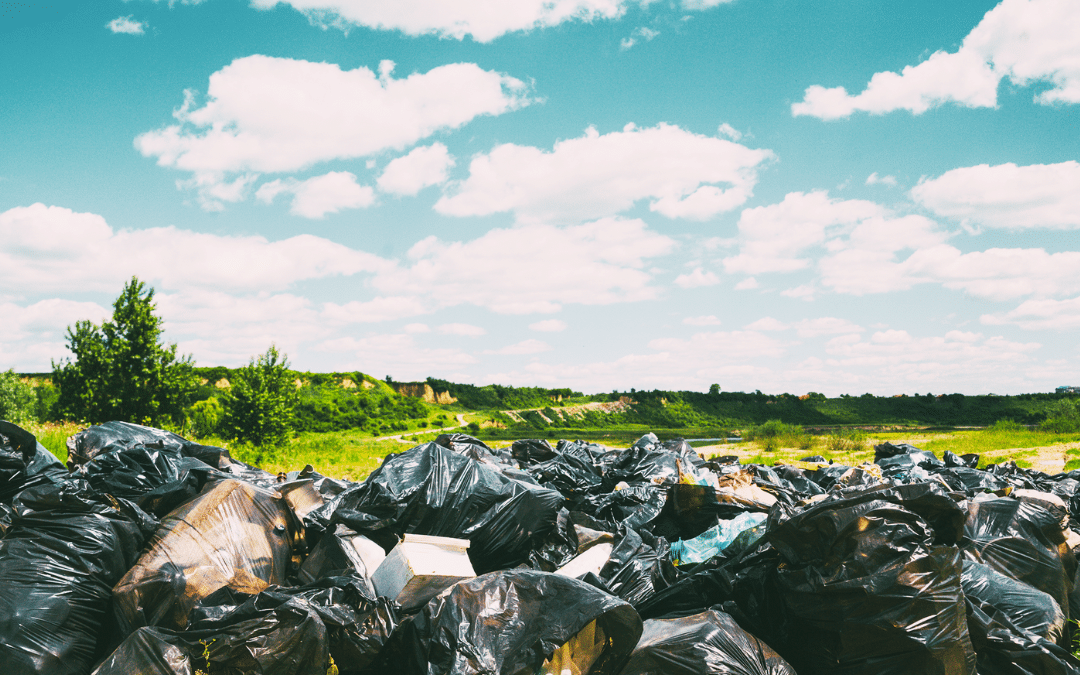
Case Study: Total Utilities Delivers 35% Cost Savings for Multi-Site Aged Care Operator
Client Overview
A leading retirement village and aged care provider operating across multiple sites in New Zealand faced rising waste management costs and operational inefficiencies. With a strong commitment to sustainability and resident wellbeing, the organisation engaged Total Utilities to conduct a comprehensive review of their waste and recycling services.
Challenges Identified
- Bin configurations were inconsistent and often not fit for purpose.
- On-site equipment lacked compliance with Health and Safety regulations, posing risks to staff and residents.
- Recycling signage was unclear or absent, leading to low waste diversion rates.
- Rates across sites varied significantly and were not market competitive.
- Collection methodologies were outdated, inconvenient, and not optimised for site layouts.
- Multiple supplier contracts resulted in fragmented service and limited visibility.
- Supplier account management was reactive, with poor reporting and lack of proactive engagement.
Total Utilities’ Approach
Total Utilities initiated a Waste Services RFP process, focusing on:
- Site-Specific Bin Review: Evaluated bin types, sizes, and placement to ensure they were fit for purpose and aligned with actual waste generation patterns.
- Health & Safety Compliance Audit: Assessed all equipment for regulatory compliance, recommending upgrades where necessary to ensure safe handling and accessibility.
- Recycling Engagement Strategy: Introduced clear, consistent signage across all sites to encourage recycling and improve waste diversion rates.
- Market Rate Benchmarking: Compared current rates with market standards, identifying significant opportunities for cost reduction.
- Optimised Collection Methodology: Proposed changes to collection schedules and access points, improving operational efficiency and ease of use for staff.
- Contract Consolidation: Streamlined multiple supplier agreements into a single, integrated contract, reducing administrative burden and improving service consistency.
- Enhanced Supplier Accountability: Implemented structured account management with regular reporting, performance reviews, and proactive issue resolution.
Results Achieved
- 35% reduction in annual waste and recycling costs
- Improved recycling rates through better signage and education
- Enhanced safety and compliance across all sites
- Simplified contract management and improved supplier performance
- Greater visibility and control over waste operations
Conclusion
By taking a holistic and data-driven approach, Total Utilities delivered substantial financial and operational benefits for the aged care provider. The project not only reduced costs but also supported the client’s sustainability goals and improved the living environment for residents.
How Total Utilities Can Help Your Business
Since 2024, the team at Total Utilities successfully managed $24 million worth of Waste and Recycling tenders, achieving impressive savings of $6.3 million for our clients. These savings ranged from as high as 59% to an average of 26% and were made up of better contract terms as well as increased landfill diversion.
If you need further assistance, Total Utilities offers procurement and advisory services to help you evaluate your options and make informed decisions about your waste contracts. Check out our services brochure.

